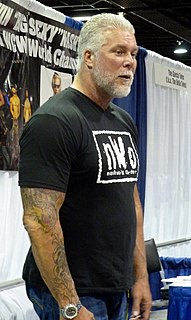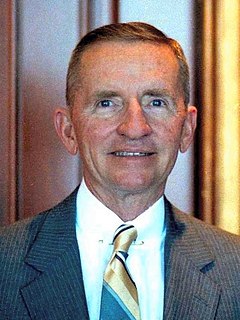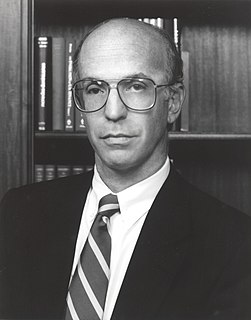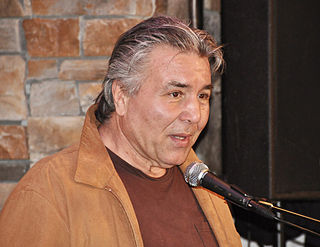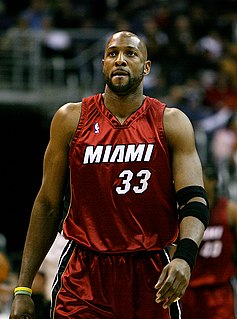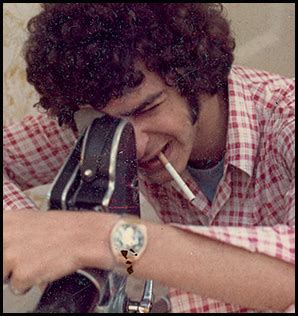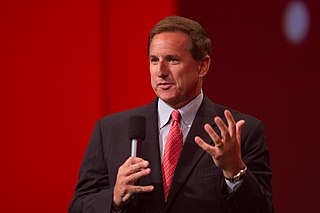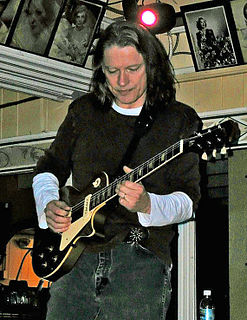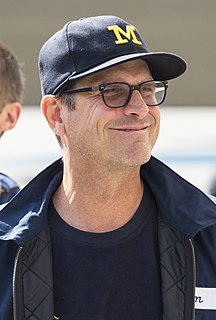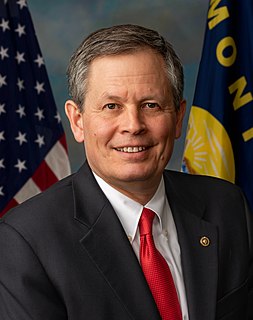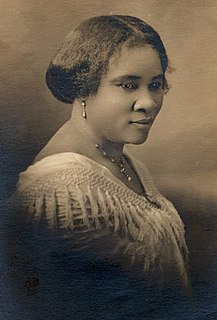Top 1200 Business Decisions Quotes & Sayings - Page 10
Explore popular Business Decisions quotes.
Last updated on November 25, 2024.
You can be obsessed with makeup and hair products and, you know, your appearance and still be absolutely making smart life decisions and work on your smarts, develop your smarts by studying something like math. Then you'll make much better decisions on the brands of clothing that you buy or whatever it is that you want.
It is a matter of course and of absolute necessity to the conduct of business, that any discretionary businessman must be free to deal or not to deal in any given case; to limit or withhold the equipment under his control, without reservation. Business discretion and business strategy, in fact, has no other means by to work out its aims. So that, in effect, all business sagacity reduces itself in the last analysis to judicious use of sabotage.
Addictions [...] started out like magical pets, pocket monsters. They did extraordinary tricks, showed you things you hadn't seen, were fun. But came, through some gradual dire alchemy, to make decisions for you. Eventually, they were making your most crucial life-decisions. And they were [...] less intelligent than goldfish.
I'm not afraid to make decisions. One of my friends said... we were talking about movies. It's really just a series of decisions you make. They said, "Tim Miller: frequently wrong, but never in doubt." I don't know that I'm making the right ones, but I'm not afraid to make them. That keeps the train moving forward.
If you're an Indian, you could be very anxious about some of the Supreme Court's decisions, some of the decisions of policy makers, so maybe a little bit of irony there. But I think our "Savage Anxieties," when I titled the book, I really wanted to focus people on the challenge that tribes in this country, as well as indigenous peoples around the world, are confronting Western civilization with.
You realize that these accidental decisions you make about changing jobs, about moving into an apartment where you make new friends and confidants, about going to one city over another, that sometimes they're completely arbitrary decisions that you haven't put as much thought into as perhaps you should have, and yet they change the course of your whole life.
There are times where I'd say the Oval Office, you use to gather the facts. The decisions you probably make late at night, or at least I do. But there are some times where you think you've made a decision, but during that walk, where you're announcing the decision, you've just got to make sure that, you're prepared to live with it, because as you know George, a lot of these decisions are not - the outcomes are uncertain.
What I love about the way they both [Paul Thomas Anderson and Joaquin Phoenix] work is that all of the monkey business is on film. There's no monkey business outside of the monkey business of making the movie. There's no ego bullshit, there's no wasted energy. It's all directed at the story and that's rare.
It is imperative to exercise over big business a control and supervision which is unnecessary as regards small business. All business must be conducted under the law, and all business men, big or little, must act justly. But a wicked big interest is necessarily more dangerous to the community than a wicked little interest. 'Big business' in the past has been responsible for much of the special privilege which must be unsparingly cut out of our national life.
Indecision is debilitating; it feeds upon itself; it is, one might almost say, habit-forming. Not only that, but it is contagious; it transmits itself to others. . . . Business is dependent upon action. It cannot go forward by hesitation. Those in executive positions must fortify themselves with facts and accept responsibility for decisions based upon them. Often greater risk is involved in postponement than in making a wrong decision.
Rather take that moral sense and apply it to the particulars of a job that is going to test those ethical and moral precepts differently than if you're a professor, or a business person, or a dad. And if I were not comfortable with the judicious use of our military to protect the American people, than I shouldn't have run for president. And having said that, I do think that the wisdom of a [Martin Luther] King or a [Mahatma] Gandhi can inform my decisions.
What causes adolescents to rebel is not the assertion of authority but the arbitrary use of power, with little explanation of therules and no involvement in decision-making. . . . Involving the adolescent in decisions doesn't mean that you are giving up your authority. It means acknowledging that the teenager is growing up and has the right to participate in decisions that affect his or her life.
My job is exhilarating. It's challenging. I find that the governance part of it, the decision making part of it - actually comes - comes pretty naturally. I think I've got a great team. I think we're making good decisions. The the hardest thing about the job is staying focused. Because there's so many demands and decisions that are pressed upon you.
In 1977, when I started my first job at the Federal Reserve Board as a staff economist in the Division of International Finance, it was an article of faith in central banking that secrecy about monetary policy decisions was the best policy: Central banks, as a rule, did not discuss these decisions, let alone their future policy intentions.
Our experience of reality is the result of the magical alchemy of the creation of our thoughts, our beliefs, our decisions, our attitudes, our feelings. All of these are, for the most part, unconscious. Mindfulness allows us to watch these thoughts and choices and decisions without being triggered and having to take action and give meaning.
And it took to "The Devil Wears Prada" to play someone tough, who had to make hard decisions, who was running an organization, and sometimes that takes making tough decisions for a certain kind of man to empathize. That's the word - empathize. Feel the story through her. And that's the first time anybody has ever said that they felt that way.
Our party [Republicans] has been focused on big business too long. I came through small business. I understand how hard it is to start a small business. That's why everything I'll do is designed to help small businesses grow and add jobs. I want to keep their taxes down on small business. I want regulators to see their job as encouraging small enterprise, not crushing it.
The most important thing is that you make sure you follow the music, which is a musician's way of saying follow your heart. The two things are intertwined. You know, when you even mention the phrase "music business," the older you get, the sourer it sounds. It's a terrible business, you know. Music and business have nothing to do with each other; there's no correlation, so it's always a rub. I would encourage people, don't be swayed by the music business. If you're truly, in your heart, a musician, stay one, and let the business find you.
My prototypical quarterback is a competitive guy that's a winner, somebody that has great athletic instincts, somebody who is very accurate throwing the football, a quick-minded guy who can think fast on his feet and can make decisions quickly, someone who has leadership ability, an understanding of timing and can make really good decisions.
The function of traditional history is to create a citizenry that looks to the top - the president, Congress, the Supreme Court - to make the important decisions. That's what traditional history is all about: the laws that were passed, the decisions made by the court. So much of history is built around "the great men." All of that is very anti-democratic.
History reminds us that revolutions are not events, so much that they’re processes – that for tens of thousands of years, people have been making decisions that irrevocably shaped the world that we live in today; just as today, we are making subtle, irrevocable decisions that people of the future will remember as revolutions.
The most valuable insight I have made about how people make decisions is that when they become skilled they don't have to make decisions - choices between options. Instead, they can draw on experience and the patterns they have acquired to recognize what to do, ignoring other options. This is the basis of the Recognition-Primed Decision (RPD) model my colleagues and I described thirty years ago.
If people want consultative government, the price is increased complexity and delay in arriving at decisions. If they want speed of government, then they must accept a greater degree of authoritarianism. I suspect that the real answer is that most people prefer the latter so long, that is, as government's decisions conform with their own views.



